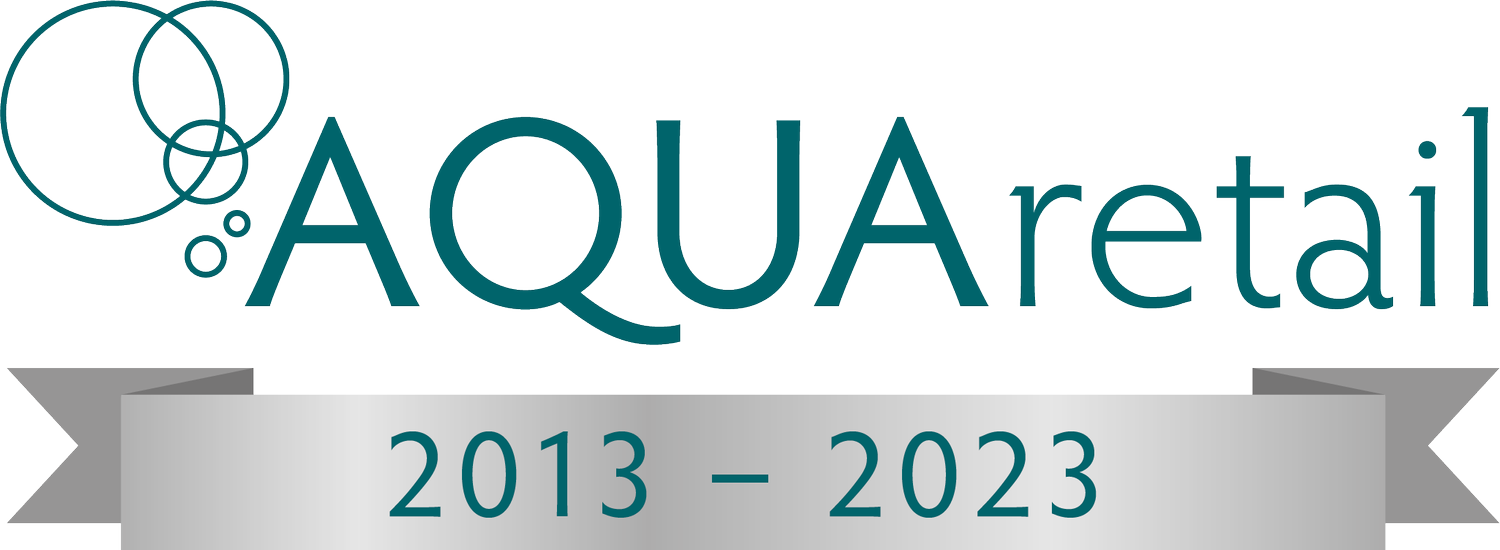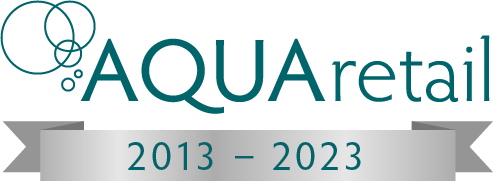Interview tips
The secret of a successful interview lies in preparation. Preparing thoroughly and researching how to effectively manage an interview situation will not only ensure that you are well informed, but you will also feel calmer and as a result come across with clarity and confidence.
Spend time doing your homework – it’ll be worth it!
Preparation Basics
Research – look at their website and speak to anyone you know who works or has worked there.
Prepare answers to standard questions, and have some of your own
Check who you will be meeting, their interview style and whether there are any tests.
Check the dress code so you’re neither too smart nor too trendy.
Check the route, so you don’t get lost and arrive late – not a good start!
Researching the Company
Read up on the history of the business
How is current performance? Look it up via Google
Look for recent stories about them, released sales figures, expansion, collections etc
Visit one or two stores – a flagship and a local store maybe
Look online as a web customer – some make a purchase to really experience it
Know their product – not just the product area you are being interviewed for, but the whole range
Who is their target market? Men / Women / Young / Old / Affluent etc
Who are the competitors of the business? How do they compare and differ?
Carry out comparative shop and a SWOT analysis
At the interview…
Arrive 10 minutes early and behave professionally from the moment you walk through the door.
Find out as much as you can about the job. Remember you are interviewing them as well!
Ask lots of questions and appear enthusiastic
Be yourself and answer questions honestly. If you don’t know the answer, tell them, or ask if you can have a think about it and get back to them.
At the end, ask when you will hear from them and what the next stage will be.
Answering questions…
Listen and don’t interrupt!
Take in the question and evaluate your answer.
If you don’t understand the question, ask them to repeat it.
Generally, interviewers will ask a series of open-ended / competency based questions that will cause you to describe real circumstances and your responses to them. Each candidate being interviewed will be asked the same questions. They will make comparisons based on answers given. It is therefore very important that you describe in detail a particular event, project, or experience, how you dealt with the situation and what the outcome was.
You should be honest, knowledgeable and thorough
Non-Verbal Skills
Focus on a strong and confident handshake when you meet people
Make eye contact with everyone interviewing you
Pay attention to your body language – stand to shake hands, watch your gesticulation.
Smile and nod when you’re not speaking, so you’re still engaging.
Be positive in your responses, and show enthusiasm throughout.
Standard Question Examples:
Tell me about yourself…
Very popular question – they’re asking this from a work perspective and to understand your fit for the team, so keep your reply work orientated and in line with the key requirements of the job specification.
Why do you want this job?
They want to know you’re genuinely interested in the job and the company. Tell them the truth. Your research will come in to play here because you can use your knowledge of the company.
Why should we offer you this job?
Emphasise that you think it’s a good fit and that you can add value to the business – again from your research into the company and your understanding of the job. Refer to your past experience and abilities that could benefit the company.
Why did you leave your last job?
Be honest at this stage, if there were no problems simply give the reason. If you did have issues, honesty is always the best policy. Explain the issues you had but always keep a positive spin on it, don’t be tempted to put your previous employer down.
What’s been your biggest success at work?
Talk about your own achievements, how you got there and the outcome. Remember your aim is to highlight any tangible benefit to the business. Think about situations you have handled particularly well in the past that you can draw on to use as examples throughout the interview.
Further questions you may be asked…
Have you ever dealt with a boss – or maybe a trainer/teacher – who was difficult or awkward? How were they difficult and how did you manage your relationship?
Tell me about a time when you worked with a person who did things very differently from you. How did you get the job done? Would you work with that person again if given the choice?
Tell me about a time when you had to use your presentation skills to influence someone’s opinion.
Tell me about the riskiest / most difficult decision that you have made and what your considerations were when making that decision.
What leadership positions have you held? Describe how you lead and what aspects of your style have you changed when if they were proving unsuccessful.
Give me an example of a time when you had to make a difficult decision?
Tell me about a decision you have made and what the outcome was.
Tell me about a time when you persuaded others to see your point of view?
Asking questions…
Always ask questions that are pertinent to the job, make notes of questions you may have during the course of the interview. Examples of questions you should ask…
How are the sales figures currently – are they above or below projections?
Does the company plan to expand?
What are the company’s strengths and weaknesses compared to its competition?
Could you explain your organisational structure? May I see a chart?
What is your team ethos? And what is the company culture like?
Culturally, what kind of person is successful here?
What will be the greatest challenge in the job?
What are the greatest strengths of this department and company?
What would you expect me to accomplish in this job?
What is your management style?

